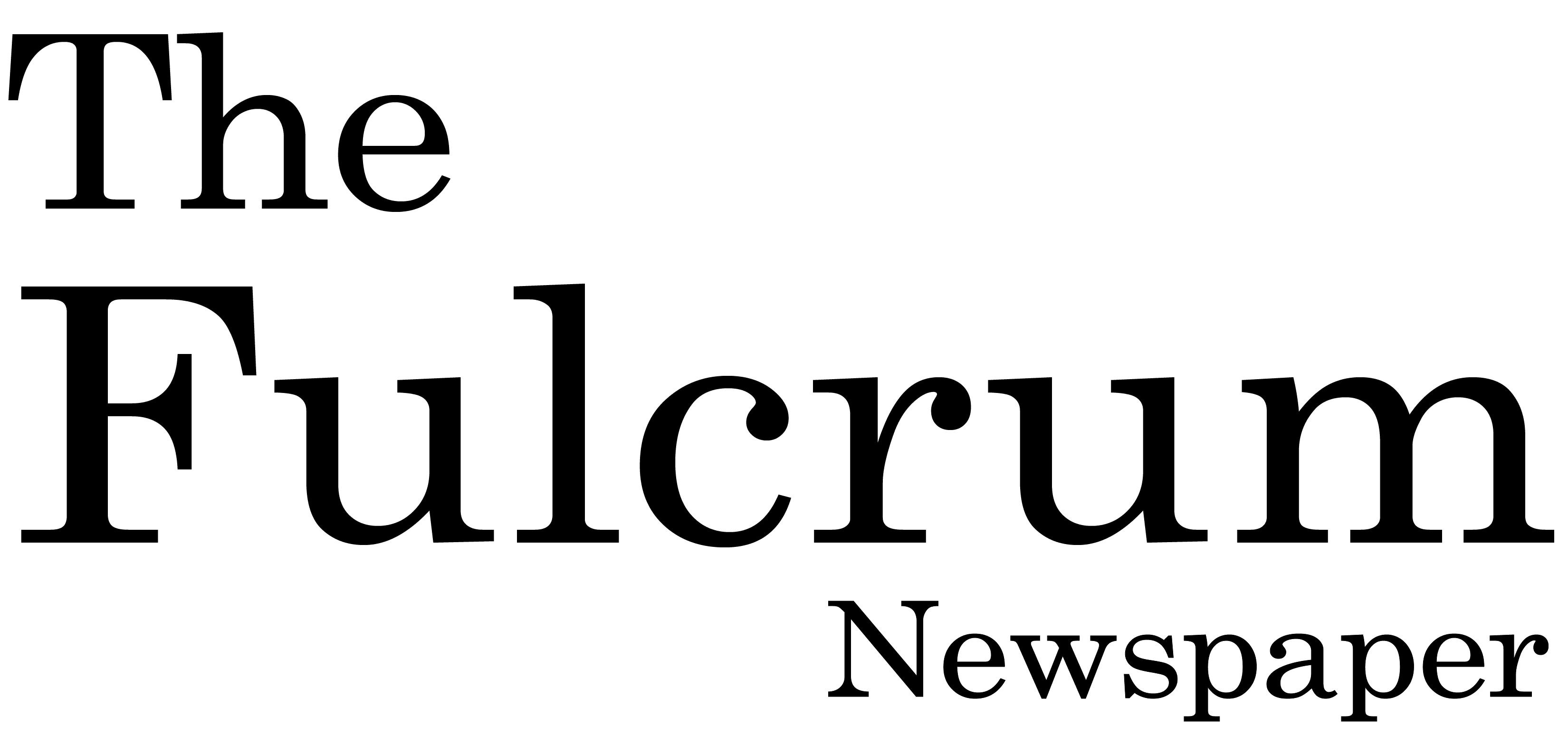
For many students, college isn’t a family tradition.
“First generation” students – first gen for short – come from a variety of backgrounds, urban and rural. The first of their families to pursue higher education, they comprise about 40 percent of SUNY Broome’s student population.

“I’m hoping to be that example and that model for my future family, and also for my younger sister,” said first-generation student Amanda Van Horn, vice president of Student Assembly. Her advice for fellow first-gens: “Don’t be afraid to take those first steps to really get involved.”
Unfamiliar environments can be daunting, and first-gen students face significant obstacles navigating the bureaucratic maze. But in spite of the odds, they can and do succeed – sometimes becoming the educational leaders of the next generation.

“Across the nation, there are celebrations for our first-generation college students,” said Vice President of Student Development and Chief Diversity Officer Carol Ross on Nov. 8 — First Generation College Student Day, as declared by the National Association of Student Personnel Administrators. “We are here to celebrate you. In higher education, it’s a new language and it’s a new way of life.”
SUNY Broome’s commitment to first generation students goes beyond a pep talk. This semester, the college kicked off its #firstgen social media campaign and began a mentorship program that pairs self-identified first-gen students with dedicated faculty and staff – many of them first-generation themselves. On Nov. 7, the program hosted a mentor/mentee lunch with guest speaker Harold Wallace III, director of the Wilber N. Daniel African-American Cultural Center of Austin Peay State University in Tennessee, who discussed the skill of “code switching.”

Wallace returned the next day, accompanied educator and life coach Josué “JQ” Quiñones, for a showing of the documentary “Unlikely” that drew not only SUNY Broome faculty, staff and students, but representatives from the community, Binghamton University and local school districts. Unlikely investigates America’s college dropout crisis and the barriers students face in their pursuit of a college degree and meaningful career. It follows the journey of five students – the first in their family – struggling to achieve their dream of a college degree.
Afterward, a discussion ensued, led by both Wallace and Quiñones. Wallace has years of experience in student development, diversity and inclusion at colleges and universities throughout the Midwest, while Quiñones worked at Binghamton University as an academic counselor and residence director, and founded the Success is a Lifestyle Program for first-generation students.

“The closer I got to college, the more I figured out that college costs a lot,” reflected Wallace, who aced his first two years – and then hit a roadblock and lost his financial aid for a semester. It took him five and a half years to finish his bachelor’s: “I learned I didn’t know how to study,” he said.
He learned along the way, but it wasn’t until five years into his degree program that a faculty member asked him about his own story and what led him to higher education. It was a simple question, but one that stuck with him – evidence that he mattered, and that his experience was meaningful.

Such relationships are crucial to success – even when they’re fleeting. Faculty and staff members who work with first-gen students need to master the art of the “soft handoff,” as Wallace calls it: making in-person introductions to advocates in different departments, such tutoring or financial aid. Professors in particular need to look for “the people who want to be unseen” – the students who keep a low profile, who skip class or who aren’t engaged; oftentimes, they have legitimate needs, but don’t know who to approach or what questions to ask.
“We’re all gatekeepers because we hold information, experience and wisdom that the other people we are confronted with might not have access to,” Quiñones said. “It takes a village; that’s why we have all these services. We see the students in different spaces, in different lights and with different needs.”


